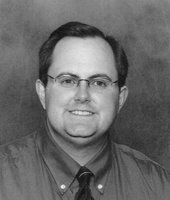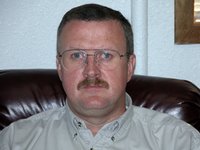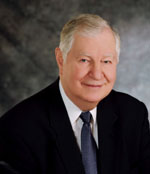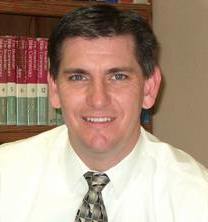For A Dumb Laugh
Sing Along with Roosevelt
If I had a private prayer language, which I don't, I'm pretty sure I would sound something like Roosevelt. :)
OKpreacher and Professor X are Kingdom focused Ministers blogging for the glory of God.
 I have no desire to be political, but to challenge a problem I see in Southern Baptist Churches. The Sunday morning worship hour is the most segregated time of the week. The whites go to their churches, while the blacks go to theirs. Nobody cares where the Hispanics go because most of them are Illegals anyway. Sorry for the satire but this really isn't an issue to laugh about. Here is my point, I believe that we are satisfied with having token black men and Hispanic men serving on our boards and speaking at our conventions so that we give the appearance of being a denomination that is racially unified.
I have no desire to be political, but to challenge a problem I see in Southern Baptist Churches. The Sunday morning worship hour is the most segregated time of the week. The whites go to their churches, while the blacks go to theirs. Nobody cares where the Hispanics go because most of them are Illegals anyway. Sorry for the satire but this really isn't an issue to laugh about. Here is my point, I believe that we are satisfied with having token black men and Hispanic men serving on our boards and speaking at our conventions so that we give the appearance of being a denomination that is racially unified.  1. What is your greatest passion?
1. What is your greatest passion? 1. What is your greatest passion?
1. What is your greatest passion? 

 I have been blogging for almost two years. A couple of months ago I got serious about my blog by making it a learning center for believers. I have no desire to be political; I want to be practical on how we as Christians can live for Christ and reach the world. Former SBC President, Bobby Welch was right in suggesting at the Convention that blogging takes a lot of time.
I have been blogging for almost two years. A couple of months ago I got serious about my blog by making it a learning center for believers. I have no desire to be political; I want to be practical on how we as Christians can live for Christ and reach the world. Former SBC President, Bobby Welch was right in suggesting at the Convention that blogging takes a lot of time.  1. What were some of the key issues that lead you to serve with the International Mission Board?
1. What were some of the key issues that lead you to serve with the International Mission Board? 
 1. What were some of the key issues that lead you to serve with the International Mission Board?
1. What were some of the key issues that lead you to serve with the International Mission Board? 1. What is your greatest passion?
1. What is your greatest passion?  1. In a day where there seems to be little vision and leadership in the local church, what has been the key to your success as a leader?
1. In a day where there seems to be little vision and leadership in the local church, what has been the key to your success as a leader? 1. In a day where there seems to be little vision and leadership in the local church, what has been the key to your success as a leader?
1. In a day where there seems to be little vision and leadership in the local church, what has been the key to your success as a leader? 1. What is your greatest passion?
1. What is your greatest passion? 










 Romans 6: 14: “For sin will not rule over you, because you are not under law but under grace.”
Romans 6: 14: “For sin will not rule over you, because you are not under law but under grace.”